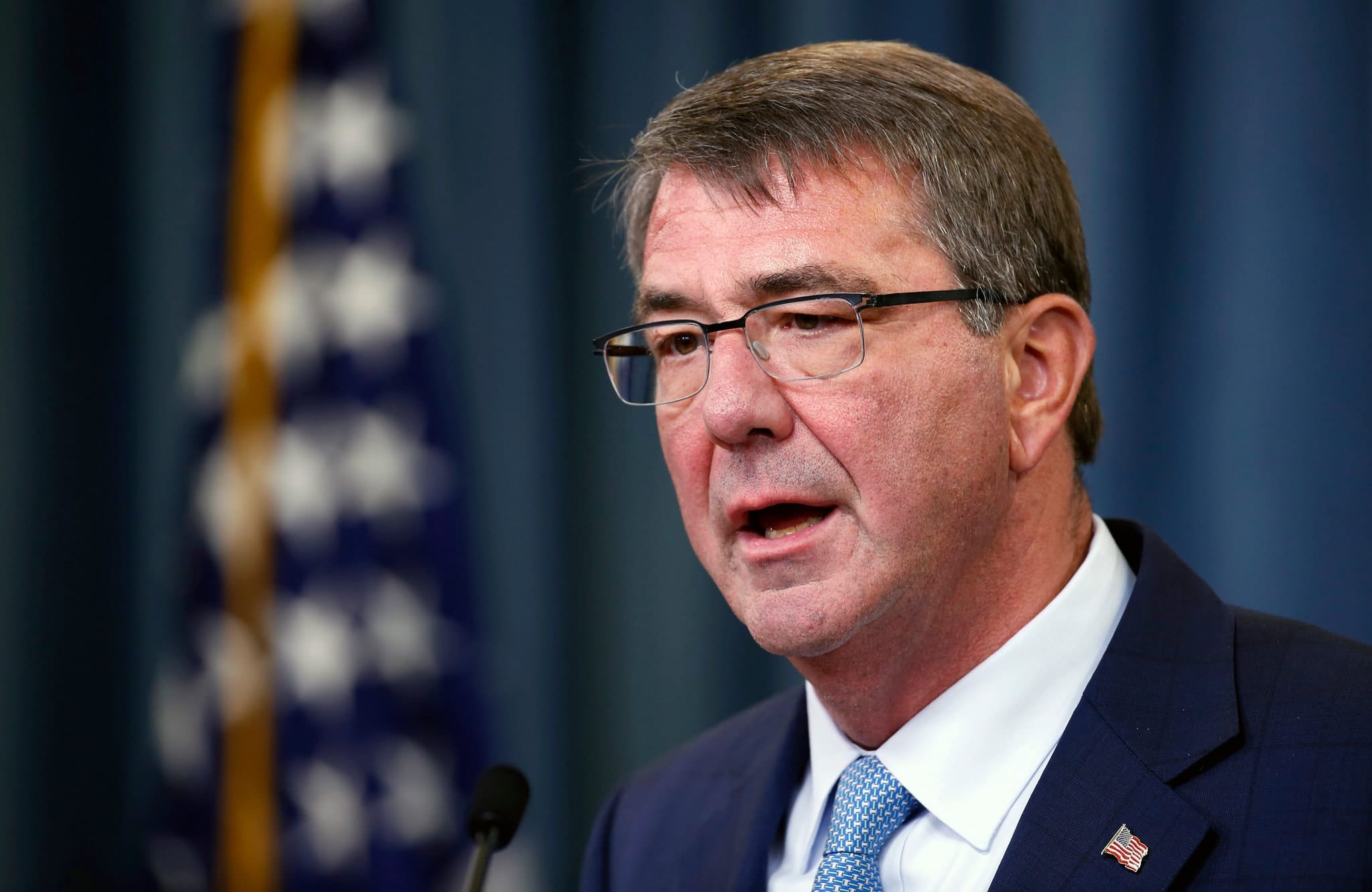As the funeral service for the 39th President of the United States, Jimmy Carter, embarks on a solemn yet celebratory journey, it is essential to reflect on the profound impact he has made throughout his life. From humble beginnings in Plains, Georgia, to a decorated military service, a political career, and international humanitarian efforts, this article traces the 100-year journey of a truly remarkable man.
Jimmy Carter’s early life in rural Georgia laid the foundation for his faith, work ethic, and compassionate nature, all of which would contribute to the achievements and challenges that marked his lengthy career. Born on October 1, 1924, in the small town of Plains, he spent his childhood on the family farm, cultivating values that would influence the direction of his life and the legacy he would leave behind.
During his service in the U.S. Navy, Carter demonstrated bravery, determination, and leadership qualities that would soon be put to the test in his political career. Following his return to Plains, he married Rosalynn Smith and settled down to build a life and family. In the decades that followed, Carter pursued various ventures, from real estate and peanut farming to local government activism, culminating in his election as governor of Georgia in 1971. This series of achievements propelled him to the highest office in the nation six years later.
As the 39th President of the United States from 1977 to 1981, Jimmy Carter faced the challenge of post-Watergate America and the economic turmoil plaguing the country. His administration oversaw a series of important reforms and initiatives aimed at addressing the energy crisis, healthcare, and international relations. Although his tenure was marked by both successes and failures, it is the post-presidency phase that has solidified Carter’s place as one of the most influential leaders in modern American history.
After leaving the White House, Jimmy and Rosalynn Carter embarked on a new chapter in their lives, dedicating themselves to humanitarian work and philanthropy. The Carter Center, established in 1982, has become a beacon of hope for human rights and global peace, focusing on various initiatives such as disease eradication, conflict resolution, and democratic strengthening. In recognition of their tireless efforts to improve the lives of others, the Carters have won numerous awards, including the Nobel Peace Prize in 2002. Jimmy Carter’s commitment to social justice and his unwavering dedication to making the world a better place have cemented his legacy as a statesman for the ages.



